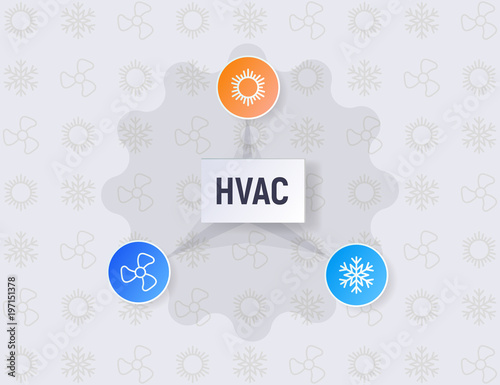Understanding The Effects Of Weather Condition On Heatpump Performance And How To Mitigate Them
Understanding The Effects Of Weather Condition On Heatpump Performance And How To Mitigate Them
Blog Article
Authored By-Jacobs McDougall
When it pertains to your heat pump, weather condition plays a critical duty in its performance. From freezing temperature levels to sweltering heat, each aspect can influence exactly how successfully your system operates. Yet what can you do to fight these weather-related difficulties and ensure your heatpump is operating at its best? Remain tuned to find practical ideas and techniques to maximize your heatpump's performance, despite the weather it encounters.
Weather Variables Affecting Heatpump Performance
Climate elements have a significant impact on the efficiency of heat pumps. One critical aspect is temperature level. Heat pumps work by transferring warm from outdoors to within during winter and the other way around in summertime. As temperatures decline, it becomes harder for the heat pump to remove warm from the outside air, lowering its efficiency.
Another key element is humidity. High moisture degrees can make it more challenging for the heatpump to launch warmth during the cooling process.
Additionally, https://www.runnersworld.com/training/a37156471/summer-running-why-it-feels-hard-to-train/ contributes. Solid winds can dissipate the heat soaked up or released by the heatpump, influencing its total performance.
Tips for Optimizing Heatpump Efficiency
To boost the performance and durability of your heat pump, applying a couple of essential methods can make a substantial difference in its efficiency.
To start with, guarantee normal maintenance by cleaning or changing filters every 1-3 months to stop airflow blockages and make best use of airflow. In addition, timetable annual professional examinations to discover and address any type of possible issues at an early stage.
Optimum thermostat settings likewise play a critical function. During the winter, aim for a temperature setup that's as low as comfortable, and during the summer, set it as high as comfortable to minimize the workload on your heatpump. Utilizing a programmable thermostat can help you immediately readjust setups based upon your timetable.
Furthermore, securing leaks in ductwork and insulating ducts in unconditioned spaces can protect against energy loss and enhance total system performance.
Finally, take into consideration setting up a smart thermostat that can learn your behaviors and readjust setups appropriately, more enhancing your heatpump's performance. By complying with these ideas, you can guarantee your heatpump operates efficiently and effectively throughout the year.
Best Practices for Weatherproofing Your Heat Pump
For optimal performance and efficiency of your heat pump, applying weatherproofing measures is necessary. Beginning by sealing visit the up coming website or splits around doors, windows, and ductwork to avoid warmth loss and keep a consistent interior temperature level.
Protect revealed pipelines and ducts to avoid cold during winter and ensure appropriate air movement. Take into consideration setting up a safety cover over the outdoor device to shield it from extreme weather condition aspects like snow, ice, and particles.
Routinely clean the exterior unit to remove dirt, leaves, and debris that can block airflow and decrease performance. Additionally, maintain the area around the heat pump clear of snow, ice, and greenery to permit appropriate air flow.
Final thought
Since you understand just how weather condition influences your heat pump performance, you can take aggressive steps to enhance its performance. By following the tips outlined in this write-up, such as normal upkeep, thermostat changes, and weatherproofing actions, you can guarantee that your heat pump runs at its ideal despite the climate condition. Keep successful and maintain your home comfortable all the time.
